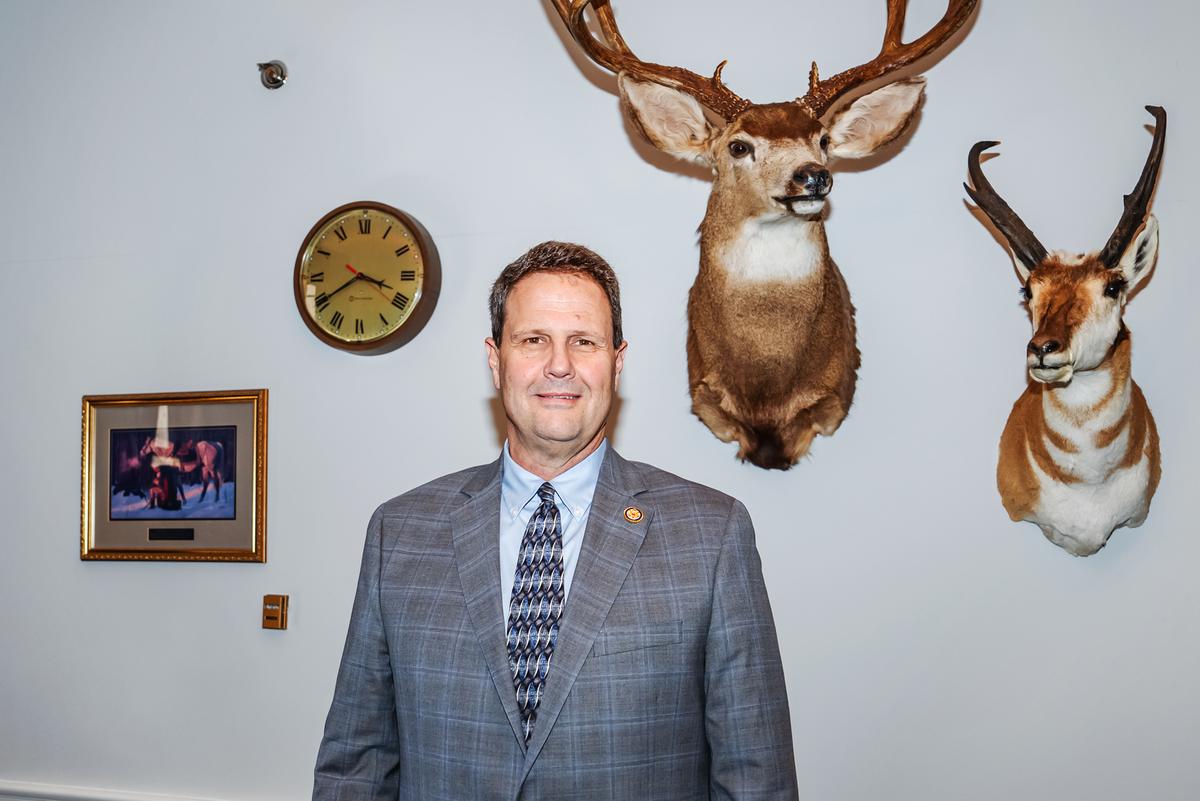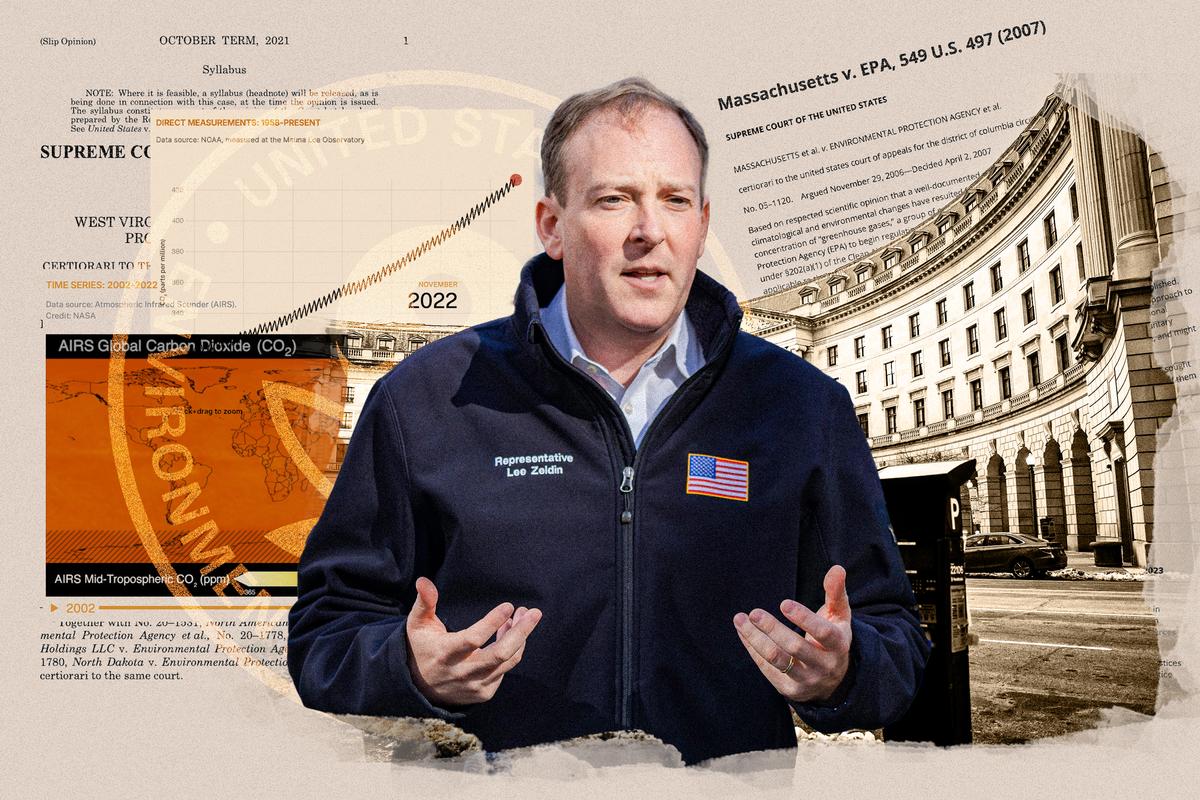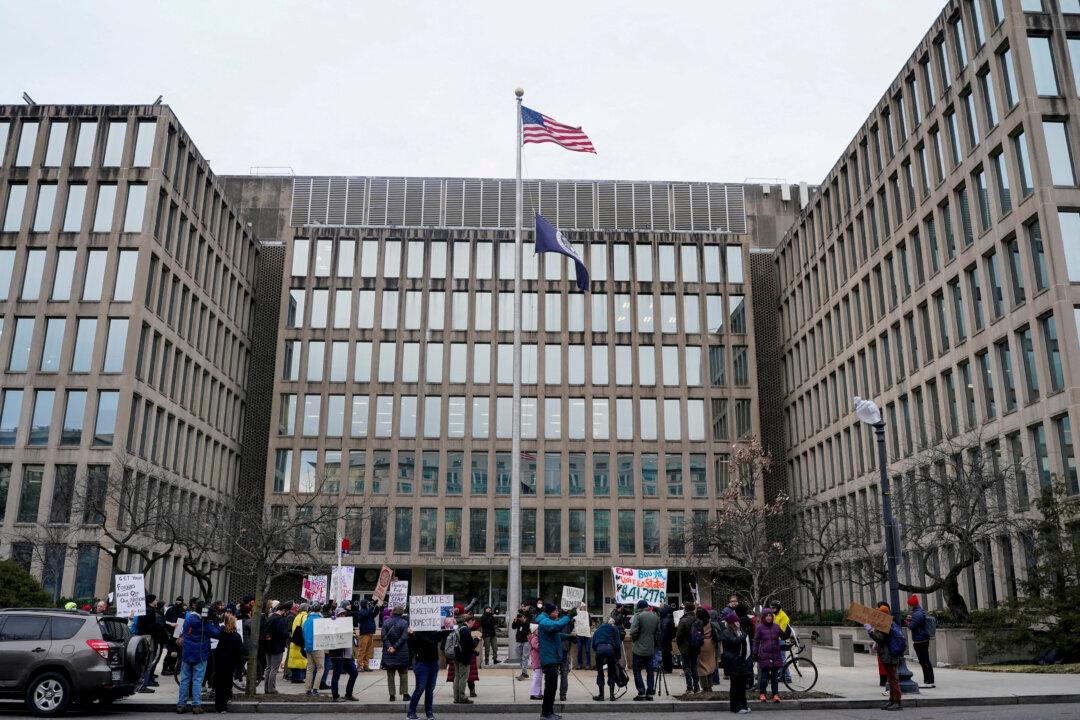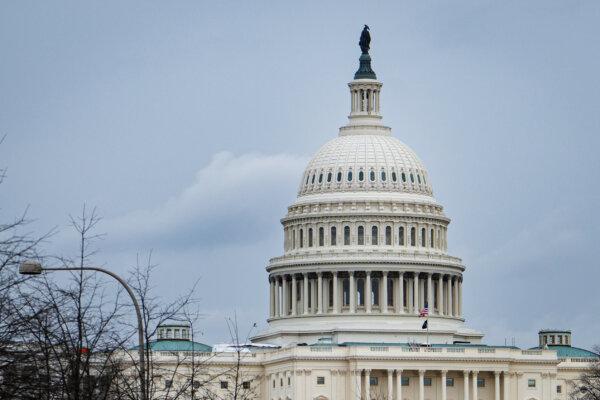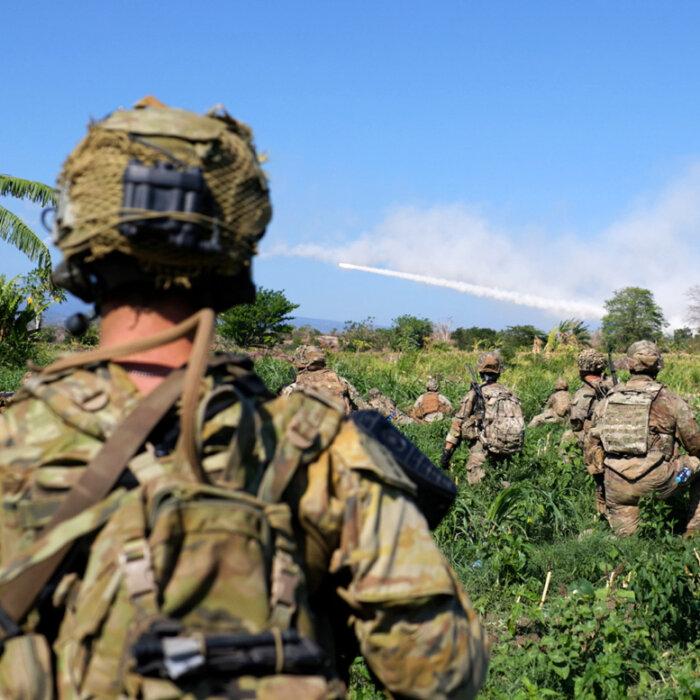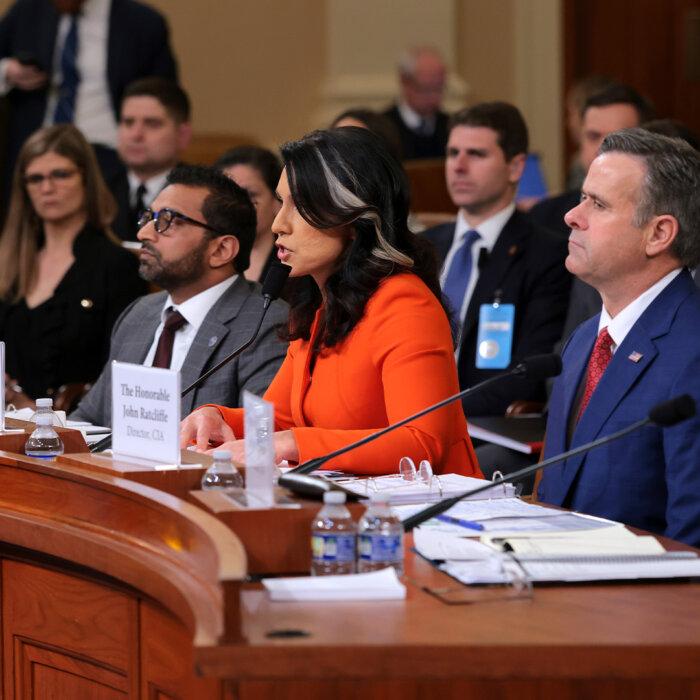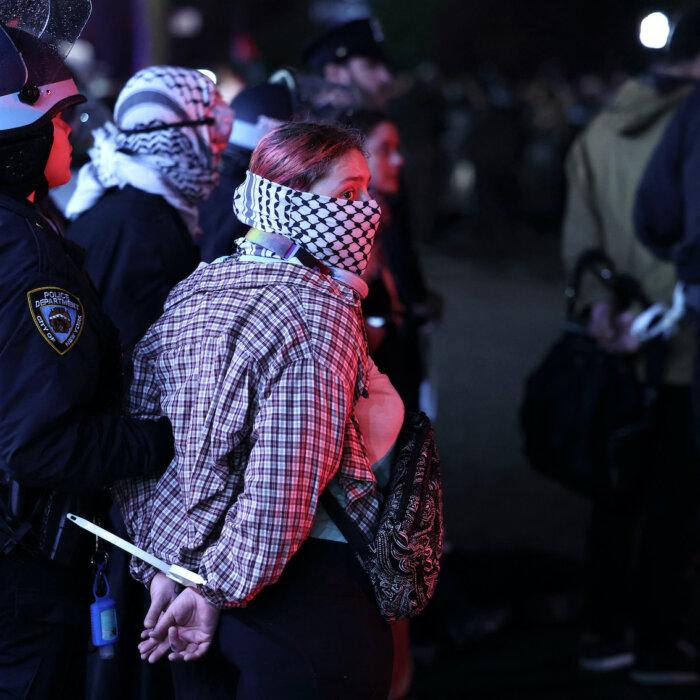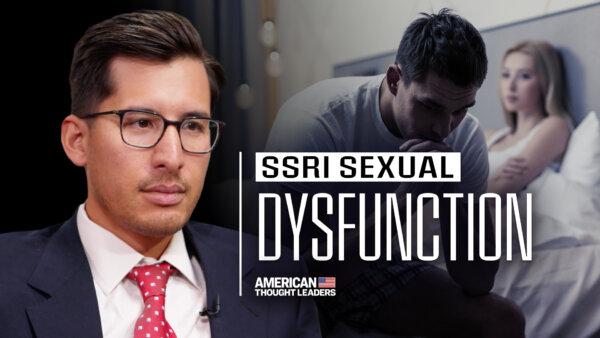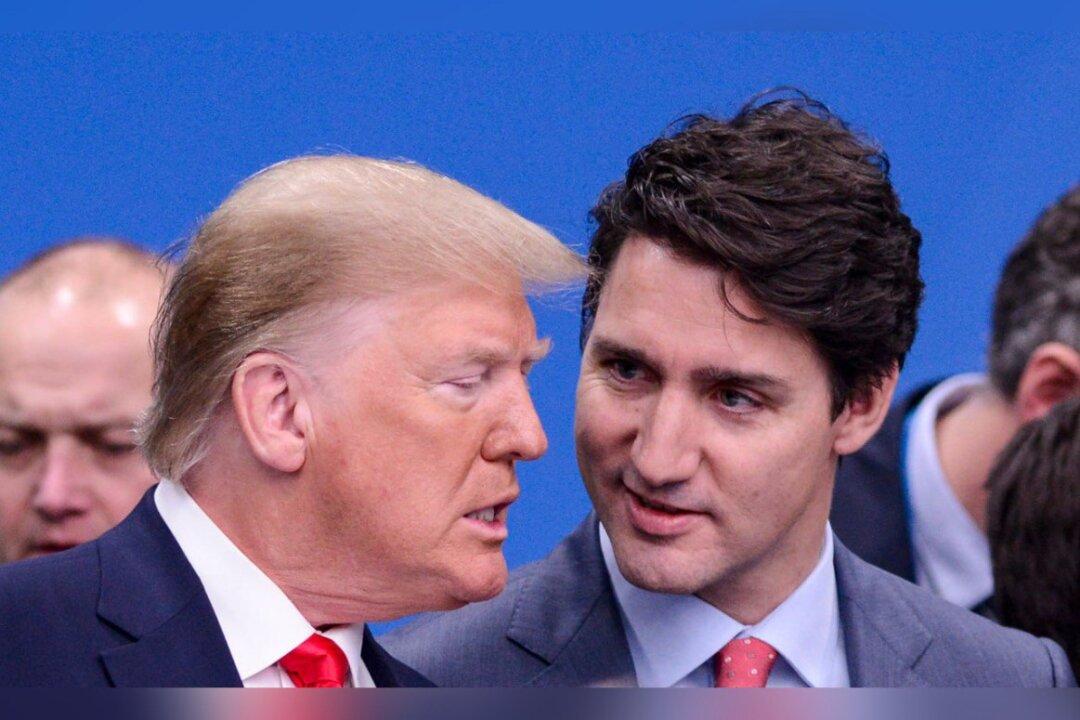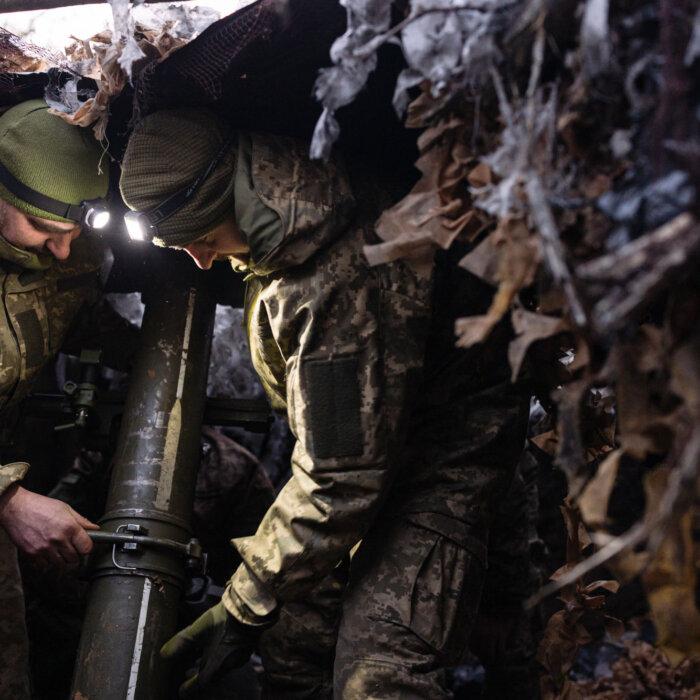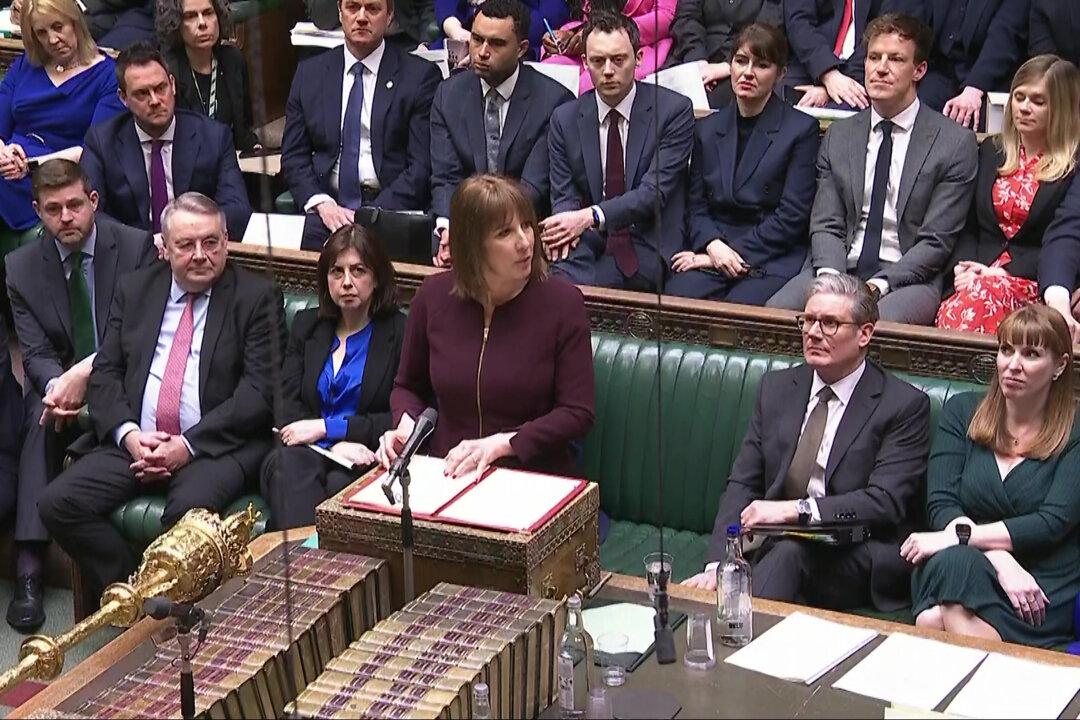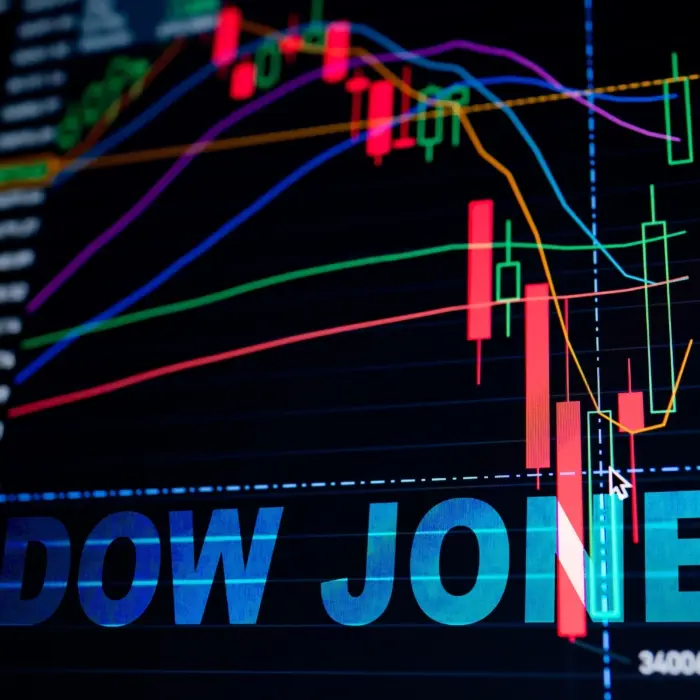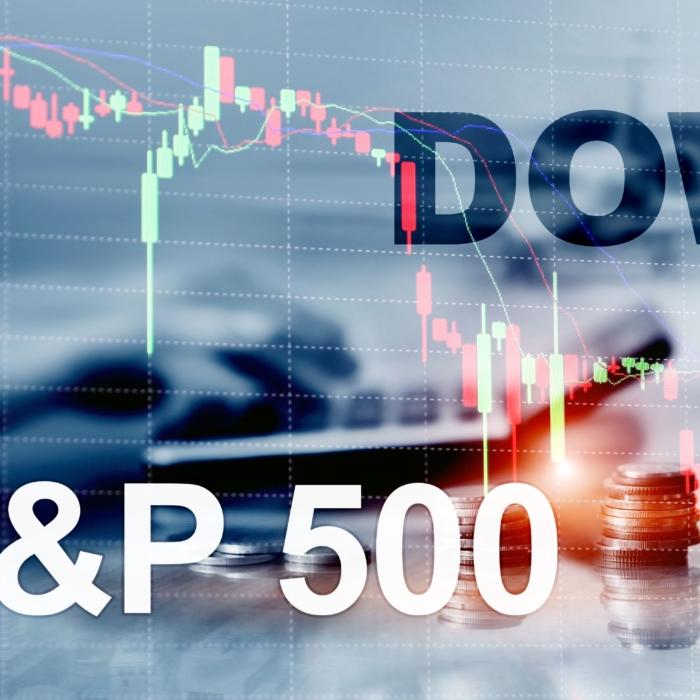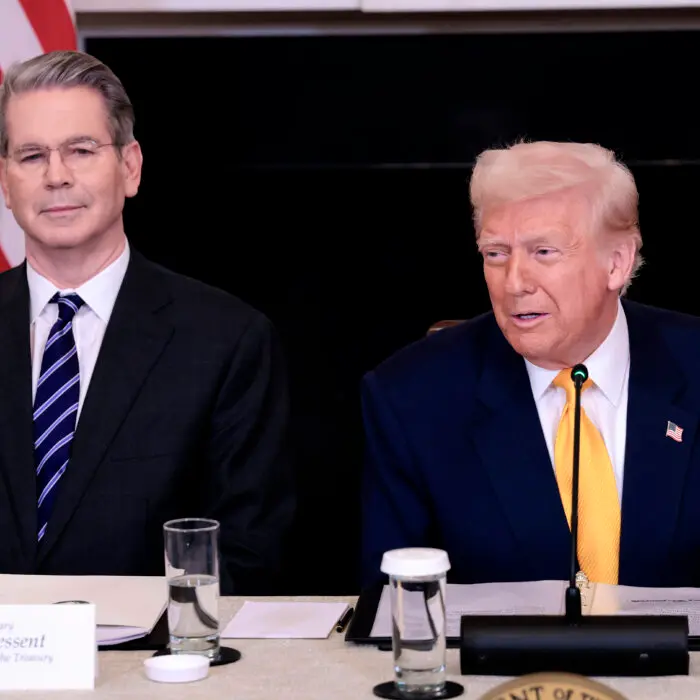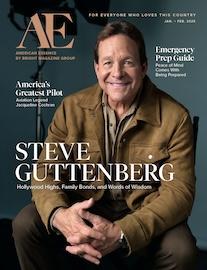US Blacklists Dozens of Chinese Companies Over National Security Concerns
‘We will not allow adversaries to exploit American technology to bolster their own militaries and threaten American lives,’ Commerce Secretary Lutnick said.
Antidepressants Are Having Horrific Effects on Sexual Function: Dr. Josef Witt-Doerring
Dr. Josef Witt-Doerring treats patients suffering from post-SSRI sexual dysfunction (PSSD), and protracted withdrawal.

Steve Fossett: ‘The Adventurer’s Adventurer’
In this installment of ‘Profiles in History,’ we meet a commodities broker whose love of adventure established him as the greatest world-record holder.

‘Bob Trevino Likes It’: A Heartwarming Tale of Surrogate Fatherhood
‘Bob Trevino Likes It’ reminds us that valuable human relationships can occur randomly and that spiritual connections can be far more powerful than bloodlines.
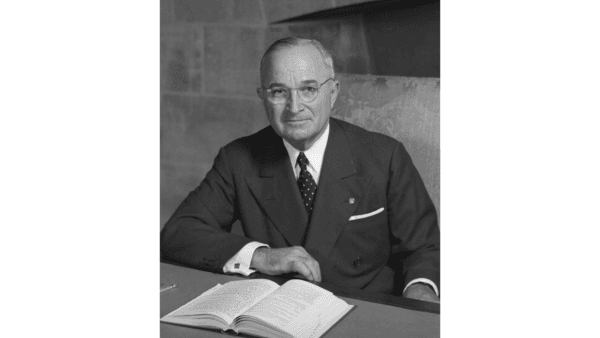
Ex Libris: Harry Truman
In this installment of our ‘Ex Libris’ series, we look at the books that influenced the last US president who guided the country through post-WWII changes.
Most Read
Top Stories
Supreme Court Upholds Biden-Era ‘Ghost Gun’ Regulation
The regulation had been challenged as a misinterpretation of federal law.
Congress Risks August Default Without Debt-Ceiling Action: Congressional Budget Office
The latest forecast is ‘a clear warning sign,’ the Committee for a Responsible Federal Budget said.
A Look at Trump’s Tariff Plan to Revive the US Auto Industry
Tariffs are a component in the toolkit Trump is using to achieve his goal of restoring domestic manufacturing, experts say.
New Messages From Government Signal Group Released; White House Responds
The Atlantic obtained the messages.
Dollar Tree Announces Sale of Family Dollar Subsidiary for $1 Billion
Dollar Tree shares have tanked by more than 44 percent over the past year.
International Student at Tufts University Detained by Immigration Authorities
The university said it would help the student obtain outside legal resources if requested.
Treasury Department Planning to Fire ‘Substantial’ Number of Workers: Official
The exact numbers were not disclosed.
US Pauses Some Green Card Applications for More Vetting
The agencies said the new directive is to align with Trump’s Jan. 20 executive order.
GameStop to Close Hundreds of Stores, Pursue Bitcoin Investment Strategy
GameStop plans to shutter a significant number of its stores and invest in bitcoin as a treasury reserve asset, the company disclosed in its latest SEC filings.
▶Shen Yun is a Reminder of ‘How Much Good’ There Is in the World
Shen Yun Performing Arts brought the rich cultural heritage of ancient China to life at a sold-out performance at the State Theatre New Jersey in New Brunswick.
US Attorney Jessica Aber’s Likely Cause of Death Revealed by Police in Virginia
Officials say that Aber likely died of natural causes. Neither the specific cause nor manner of death have been released.
Injuries From Recalled Products Hit Highest Level in 8 Years
Sourcing from China was a key reason that the Consumer Product Safety Commission has been issuing significantly more product warnings, an agency official said.
Tracking Trump’s High Level Appointments, Senate Confirmations
The Senate is undertaking the confirmation process for the president’s new administration.
Judge Reverses Decision, Says Unions Can Sue Over Federal Worker Firings
The judge said he reconsidered his decision in light of additional briefing.
Judge Rules Biden Admin Unlawfully Canceled Oil, Gas Leases in Alaska Refuge
AIDEA filed the lawsuit against the Biden administration in 2023 after the Department of Interior canceled oil and gas leases it won in January 2021.
Zelenskyy Says US Has Offered ‘Full-Scale’ Critical Minerals Deal
Kyiv says Washington’s proposal is a ‘full-scale agreement’ which could pave the way for a joint revenue-sharing agreement on rare earths.
States Work to Make Gold and Silver Alternative Currencies to US Dollar
‘I think people want to see their earnings and property be reflected in real money again,’ Utah State Rep. Ken Ivory stated.
23AndMe Customers Urged to Delete Data as Company Files for Bankruptcy
The company’s privacy policy says that in case of bankrupt, its privacy provisions for user data still apply.
China’s Mineral Exploitation in Africa Threatens US National Security, Congress Hears
Experts say the U.S. government must act to weaken China’s control over African minerals sectors to ensure America’s security and combat corruption in Africa.
Belvoir Castle: A Gothic Revival Masterpiece
In this installment of ‘Larger Than Life: Architecture Through the Ages,’ we visit a faux historic castle in Leicestershire, England.
Special Coverage
Special Coverage























